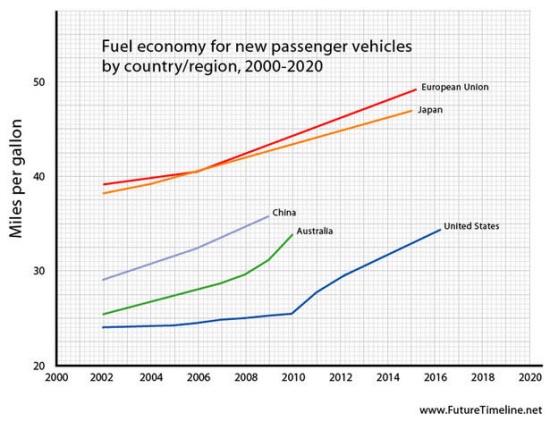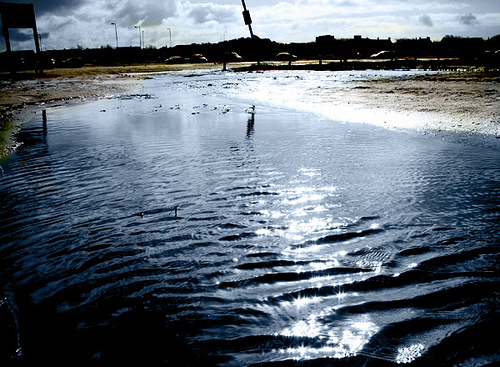Almost half of Pakistanis drink unsafe water. It's World Water Day 2011, and this year's theme is "Water for cities: responding to the urban water challenge." In Pakistan, unsafe drinking water kills 100,000 children per year — equivalent to a third of the children born in Canada every year. So it's either cute or tragically ironic that Pakistan is calling on its own children to help solve this crisis:
More than 840 children from 143 schools in Islamabad, Rawalpindi, Lahore, Peshawar, Quetta, Vehari and Kabirwala have been working over the past month on ways to keep drinking water safe at home and school. Children will present their ideas today at events in their local areas, including speeches, poetry and presentations. Their suggestions will help form the basis of a manual about water purification at point of use that would be distributed to school children across the country.
Purification at point of use is last-ditch effort to provide clean drinking water: it's what you resort to when supplies themselves are contaminated. On the other hand, it can be remarkably effective, and cheap. In some areas, it's as simple as filling plastic water bottles with water and laying them on a dark-colored roof.



